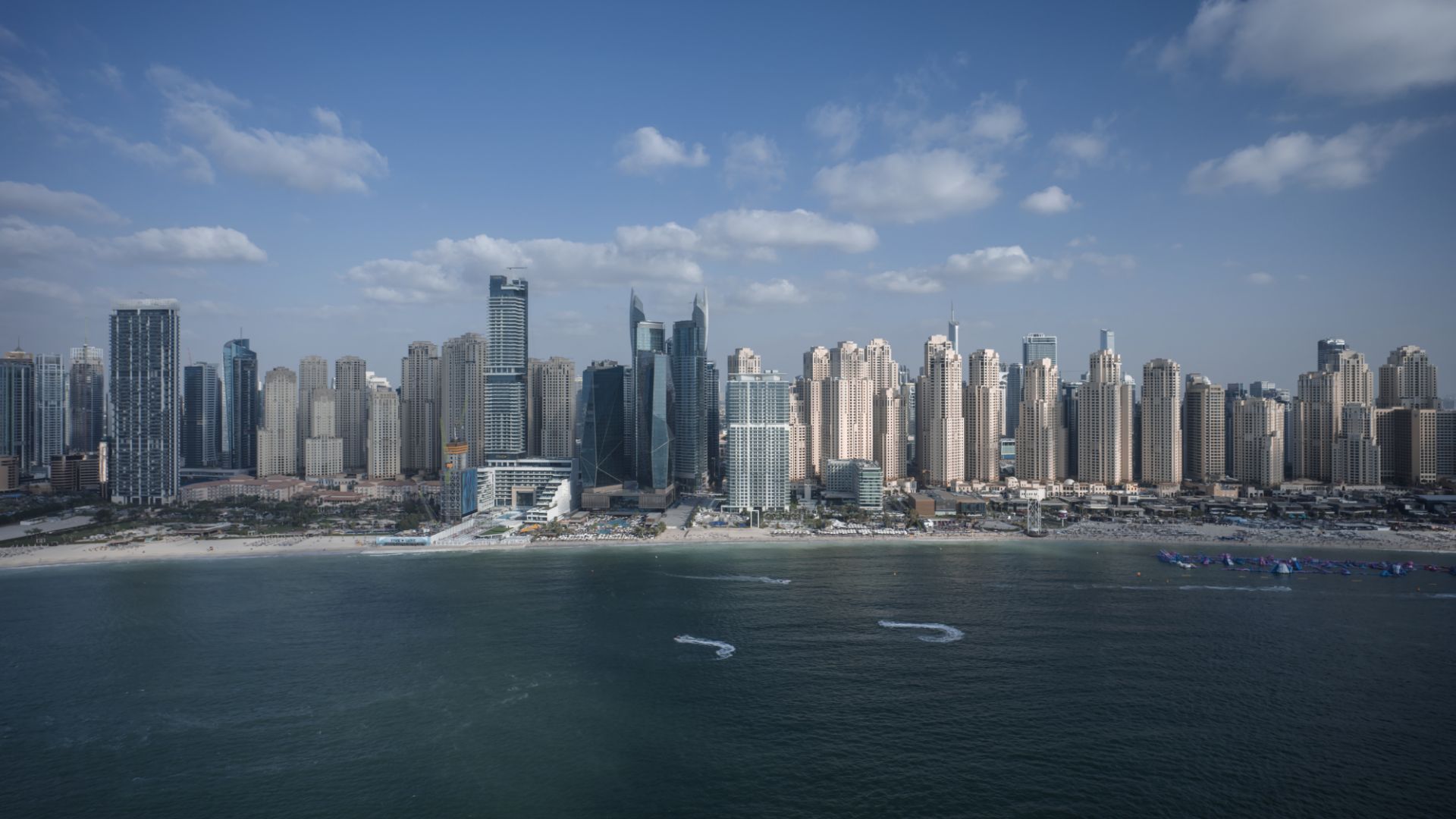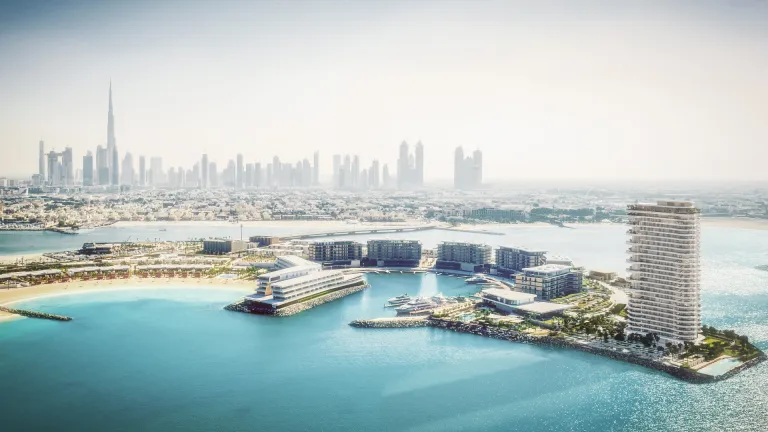No Results Found
Search Results - Blog
Search Results - FAQs
No Results Found
No Result Found
Everything You Need to Know About Freehold Property Ownership in Dubai as an Expat

Dubai has long been a magnet for expats seeking opportunity, luxury, and a vibrant lifestyle. For many, owning property in the city is not only a dream but also a smart financial move. Fortunately, Dubai’s property laws have evolved to welcome foreign investment through freehold ownership, offering expats the chance to own homes with full rights.
Freehold Ownership Rules for Expats
Dubai opened its real estate market to foreign buyers with the Freehold Law of 2002, allowing expats to buy, sell, and rent property without restrictions. However, there are a few key rules and definitions to understand:
- Who Can Buy: Any foreigner, whether a UAE resident or overseas investor, can purchase a property in Dubai’s designated freehold zones.
- What “Freehold” Means: Freehold ownership gives you 100% ownership of the property with no time limit on your rights. In other words, the home is entirely yours to keep, and you may use it, sell it, rent it out, or pass it to your heirs as you wish.
- Where You Can Buy: Expats are restricted to buying in certain areas officially designated for foreign ownership. The good news is that these freehold areas include most of Dubai’s popular neighbourhoods.
- Legal Protections: Dubai’s laws provide a solid framework to protect property buyers. All sales transactions must be registered with the Dubai Land Department (DLD), and you will receive an official title deed under your name as proof of ownership. This registration secures your rights. The Real Estate Regulatory Agency (RERA) oversees brokers and developers, so make sure you deal with RERA-licensed agents and developers for added security.
How to Buy a Freehold Property: Step by Step
Buying property in Dubai is a straightforward process for expats. Here are the typical steps, from starting your search to getting the keys:
- Find the Right Property
Research listings in freehold areas that fit your needs and budget. You can browse online platforms or work with a licensed real estate agent (highly recommended for newcomers). A good agent (registered with RERA) can help you locate suitable options and navigate the procedures. Once you’ve found a real estate agent, negotiate and agree on the price with the seller.
- Sign a Memorandum of Understanding (MOU): The buyer and seller sign a Memorandum of Understanding, which is essentially a sale contract outlining terms. At this point, it is customary for the buyer to pay a deposit (often 10%) to secure the property. This deposit is usually held in escrow or by the brokerage as a guarantee until transfer.
- Obtain a No Objection Certificate (NOC): Before the property can transfer, the Dubai Land Department (DLD) or the property developer issues an NOC confirming the seller has no outstanding fees or liabilities on the property (such as unpaid service charges). This document clears the way for the sale to proceed. Your agent will typically help request the NOC on your behalf, and a small NOC fee is paid by the seller or buyer as agreed.
- Transfer Ownership at DLD: Finally, both parties meet at the Dubai Land Department office (or an authorised transfer trustee office) to complete the transfer. The buyer pays the remaining purchase amount as well as the required fees, and the ownership is officially transferred. The DLD will then issue a new title deed in your name.
Long-Term Benefits for Expats
Freehold properties in Dubai can offer excellent long-term value. Many expats view it as both a lifestyle choice and an investment opportunity. Ownership may also support visa applications, including the 10-year Golden Visa for investors meeting certain criteria, providing added security planning to build a future in the city.
Contact us today to learn more about the best freehold properties for sale in Dubai.


